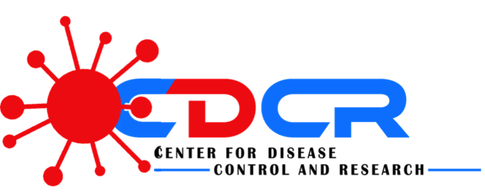The Services We Provide
Practical & far reaching contributions to health
Tracking and analyzing diseases in a given region or population to identify trends and patterns
Rapidly responding to outbreaks of diseases, conducting investigations to determine the source, and implementing control measures to contain the spread.
Developing and implementing strategies, guidelines, and policies to prevent and control the transmission of diseases, including vaccination campaigns, vector control programs, and health education initiatives.
Providing diagnostic services to identify or confirm the presence of specific diseases in patients , identify specific pathogens, determine drug resistance patterns and offering appropriate treatment options based on medical guidelines and protocols.
Conducting scientific research on diseases, analyzing data to understand disease dynamics, evaluating the effectiveness of interventions, and developing innovative approaches for disease control.
Providing training programs and workshops for healthcare professionals, public health workers, and stakeholders to enhance their knowledge and skills in disease control and research.
Collaborating with national and international health agencies, organizations, and research institutions to share information, expertise, and resources in the global fight against diseases.
Raising public awareness about communicable diseases, their causes, symptoms, and prevention methods through various communication channels, including campaigns, workshops, and educational materials.
Providing evidence-based recommendations and guidance to policymakers and government authorities to develop effective policies and strategies for controlling diseases
Offering specialized care and treatment for patients with severe or complicated diseases who require hospitalization. This may include isolation units and dedicated wards to prevent further transmission.
Providing outpatient services for individuals with diseases who do not require hospitalization. This may involve regular check-ups, medication management, and counseling on disease management and prevention
Administering antimicrobial treatments, including antibiotics, antivirals, and antifungals, as necessary for patients with diseases. This includes monitoring treatment effectiveness and managing any adverse effects.
Providing supportive treatments to manage symptoms, alleviate discomfort, and promote the overall well-being of
patients with diseases. This may include pain management, nutrition support, and psychological counseling.
Implementing strict infection control measures within the treatment facility to minimize the risk of nosocomial infections and ensure the safety of patients, healthcare workers, and visitors.
Conducting clinical research studies and trials to evaluate new treatment modalities, medications, or vaccines for diseases. Contributing to the advancement of medical knowledge and evidence-based practices.
